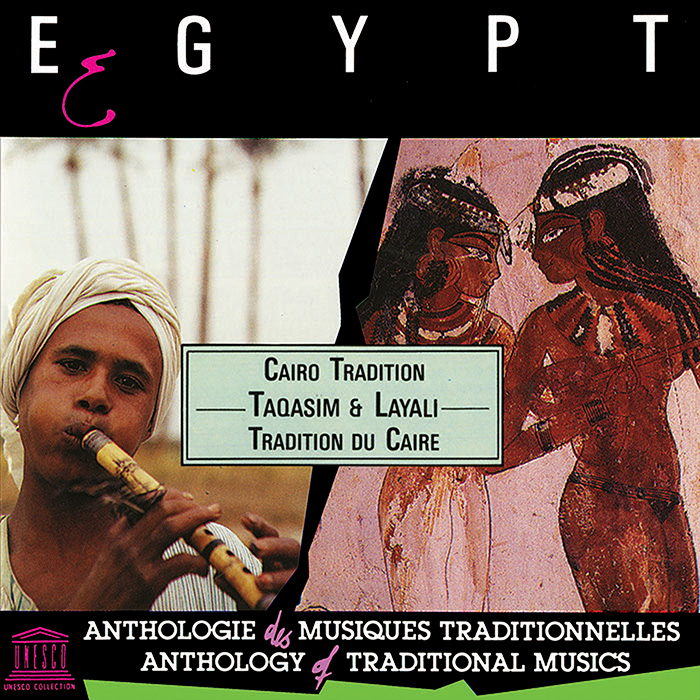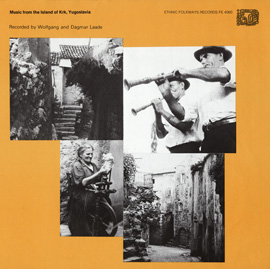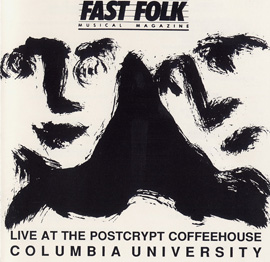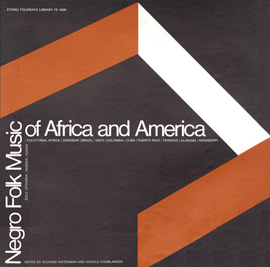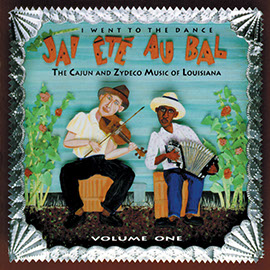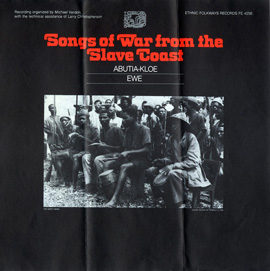Track Listing
|
101
|
Ibrahim El-Haggar, Sami Nussair
|
15:02 | |
|
102
|
Wahbi Labib, Muhammad el-Arabi
|
05:23 | |
|
103
|
The Takht Ensemble of Cairo
|
04:19 | |
|
104
|
Gomâa Muhammad Ali
|
13:39 | |
|
105
|
Sami Nussair, Muhammad el-Arabi
|
08:47 | |
|
106
|
Muhammad El-Arabi
|
03:58 |


